Pain and Anxiety for Refugees Stuck on the Greek Islands

While the Greek islands used to be places of transit where asylum-seekers and migrants spent only days on their way to other European countries, as a result of an EU agreement with Turkey, thousands are stranded on Greece’s Aegean islands. People categorized as vulnerable – including pregnant women, single mothers, and people with physical or mental disabilities – are exempt and can be transferred off the islands to the mainland where they have better access to care and services, but this can take weeks. Others await a decision on whether or not they will be returned to Turkey under the EU-Turkey statement, and many have been stuck on the islands for months and in some cases more than a year. In the meantime, they wait in limbo in untenable conditions and with growing anxiety, uncertain as to what their futures hold.
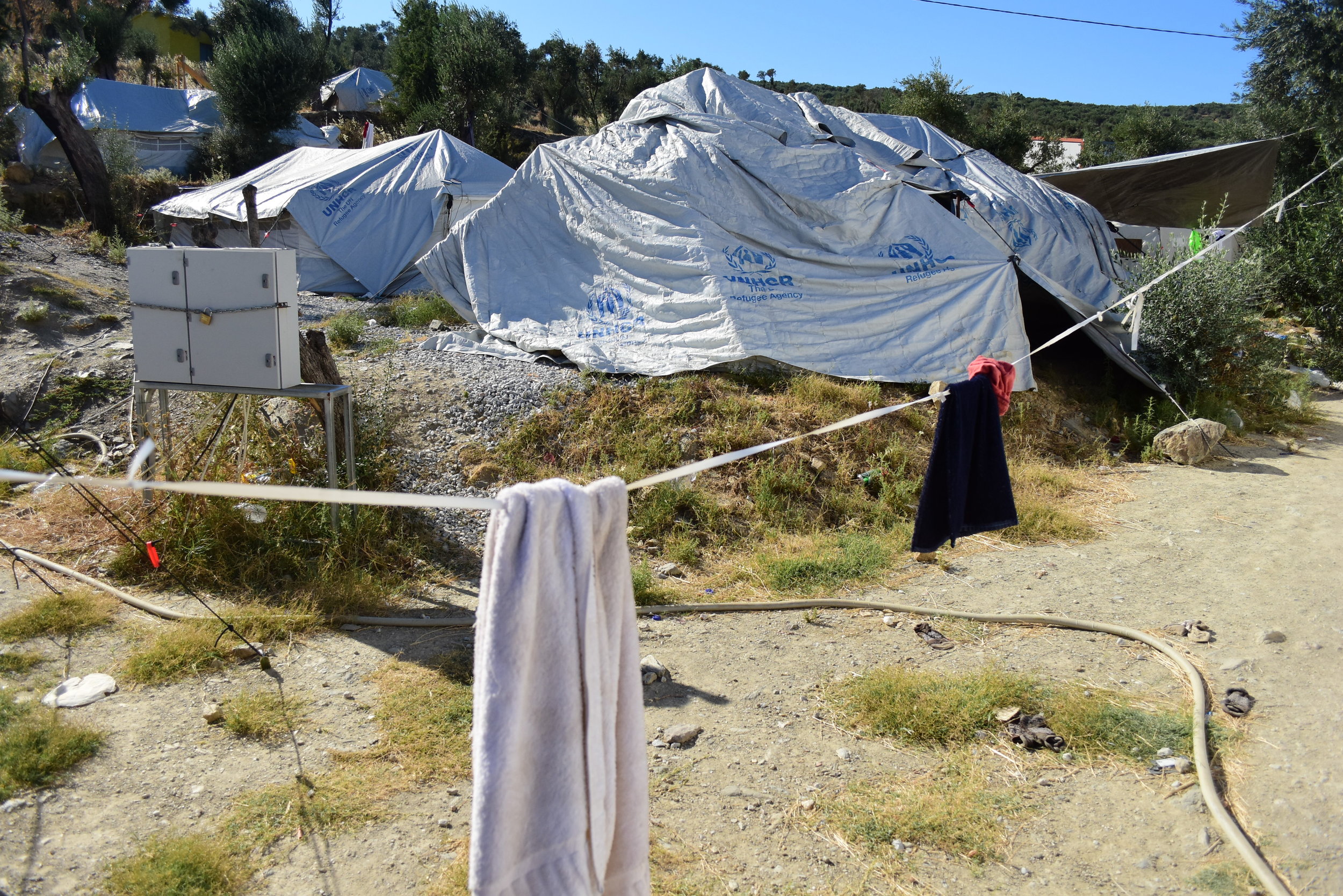
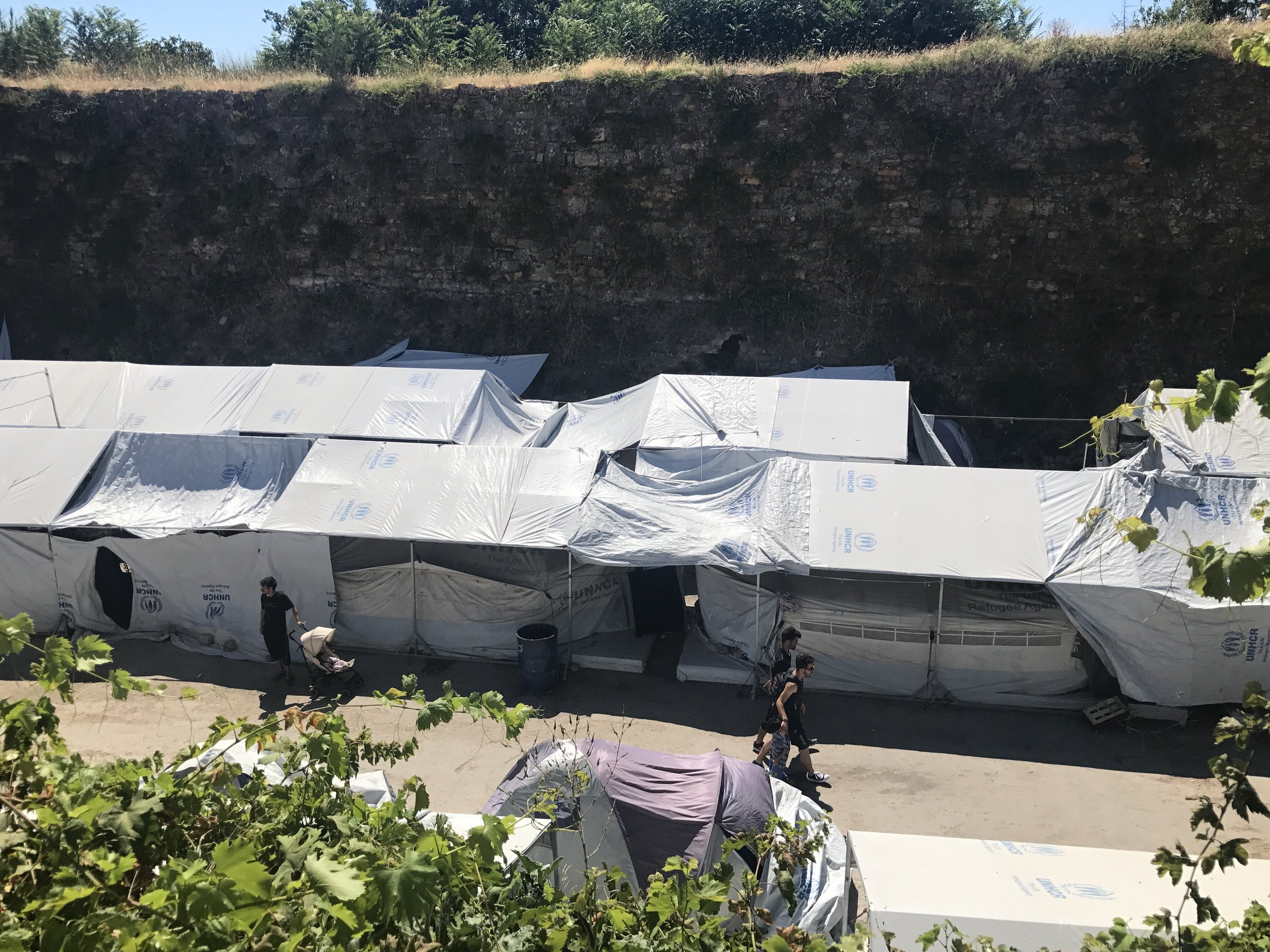

Mental health is deteriorating particularly among asylum-seekers who have been forced to stay on the islands for a long period of time. Majid,* a Syrian asylum-seeker, was tortured and detained for eight and a half years in Syria before the war, and then he was shot in the back during the war. He suffers from panic attacks, PTSD, depression, and insomnia, among other pressing health issues. He told RI that despite being accepted in a program for the rehabilitation of victims of torture four months earlier, he was not allowed to leave the island.
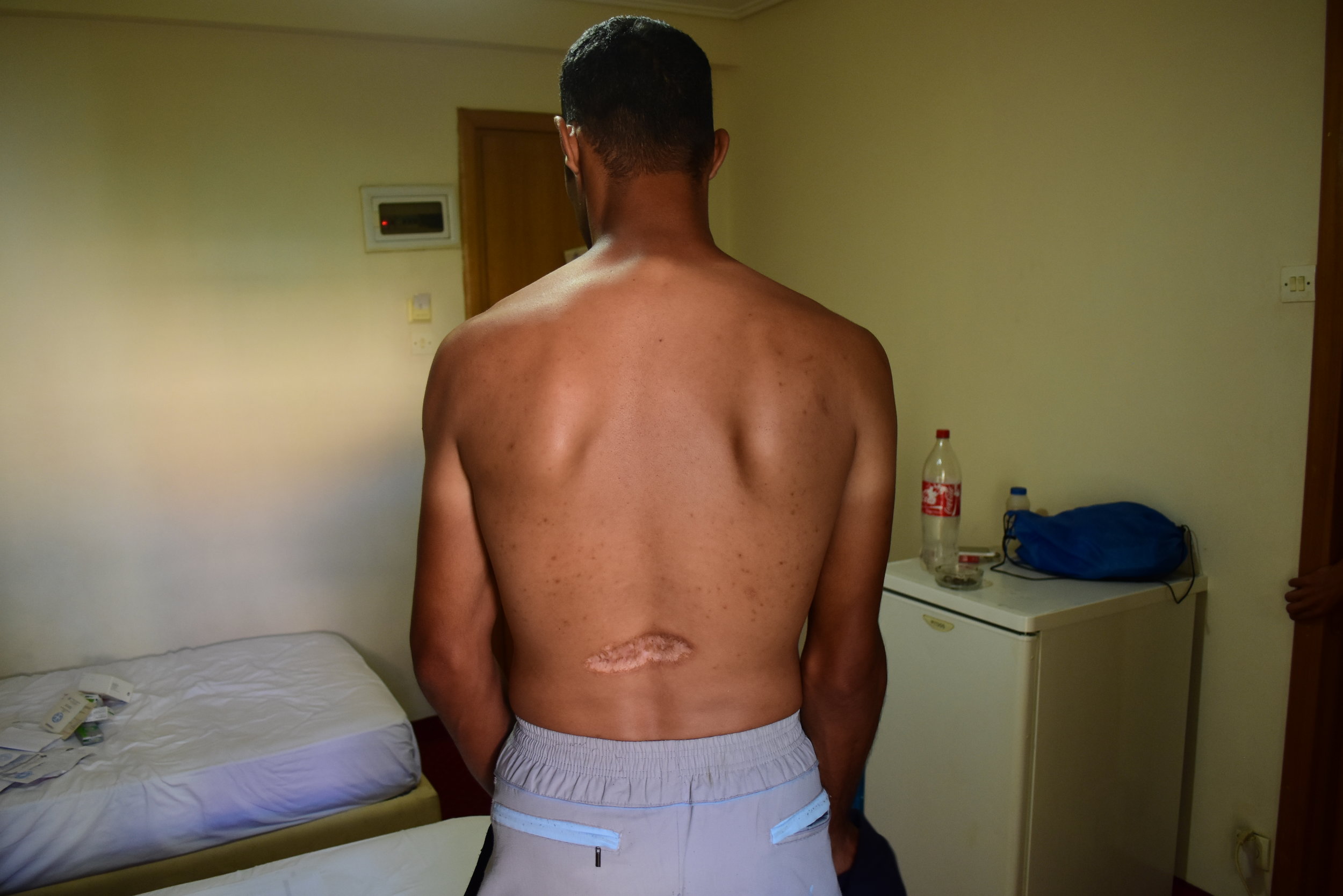
Majid* shows the bullet wound scar from the attack he survived in his town in Syria. While all asylum-seekers pass through a medical screening upon entering the islands, medical services for them are very limited. In some cases, there is just one doctor to care for thousands of asylum-seekers, and specialists are few in number. Some asylum-seekers said they had to wait a month for an appointment with a psychologist.
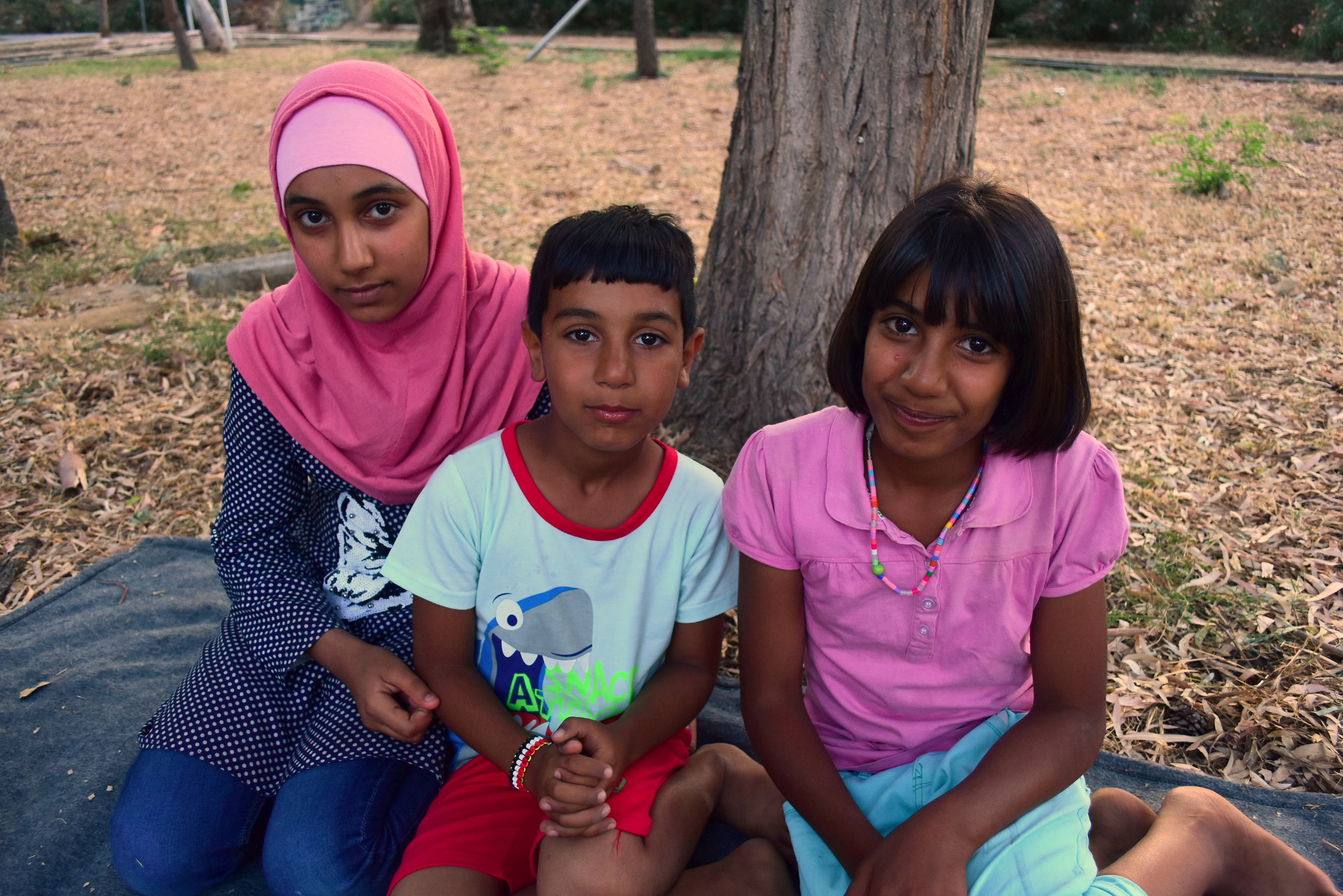
None of the asylum-seeker or migrant children RI met attended formal schools. Some non-profits provide language classes or occasional activities, but on an informal basis.
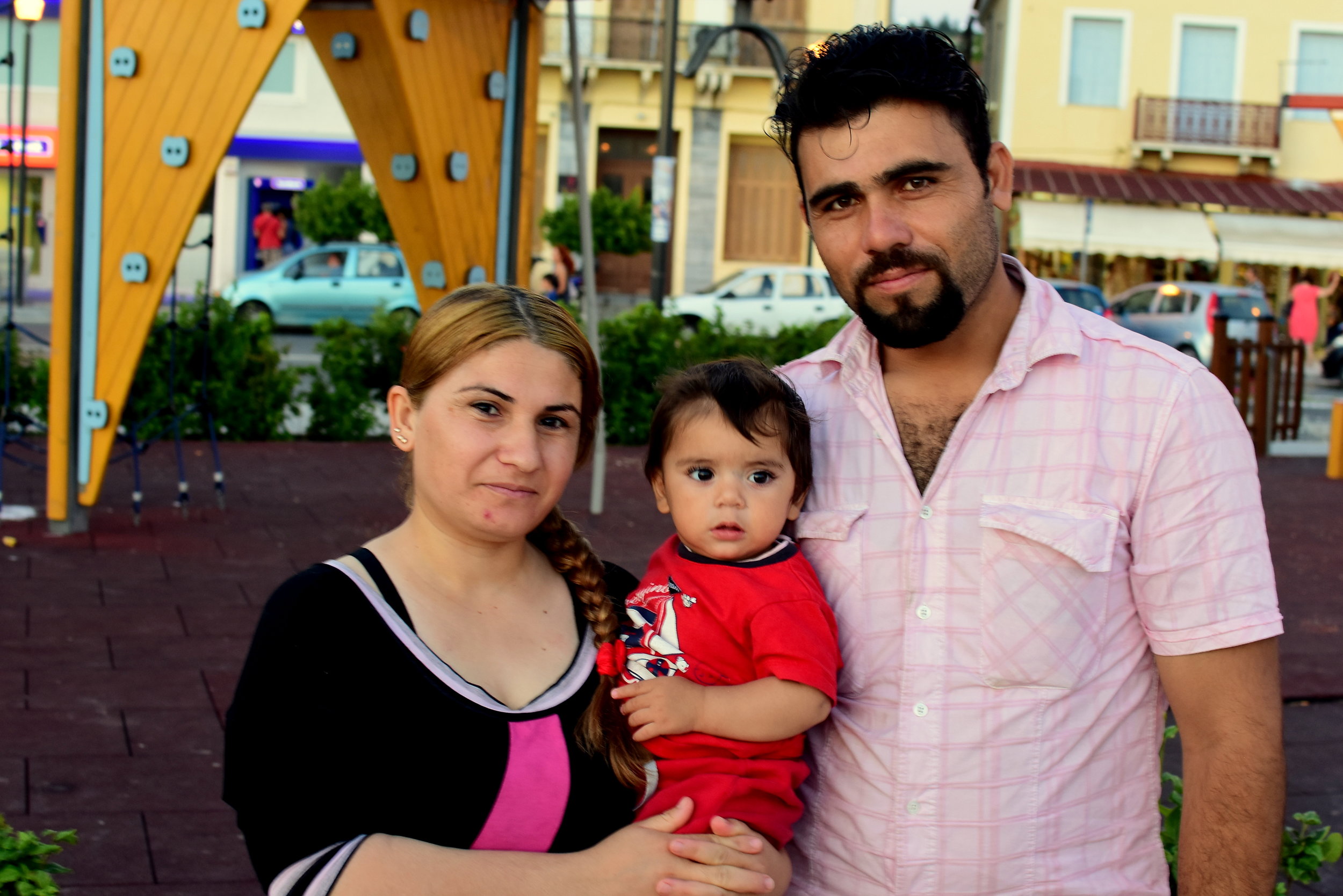

Some families are transferred out of the hotspots to more family-friendly accommodations in apartments or to camps on the mainland, but many families still remain in the hotspots, sometimes in tents with other families or single men. Pictured above are a Syrian refugee family (at left) and Afghan refugee family (at right).
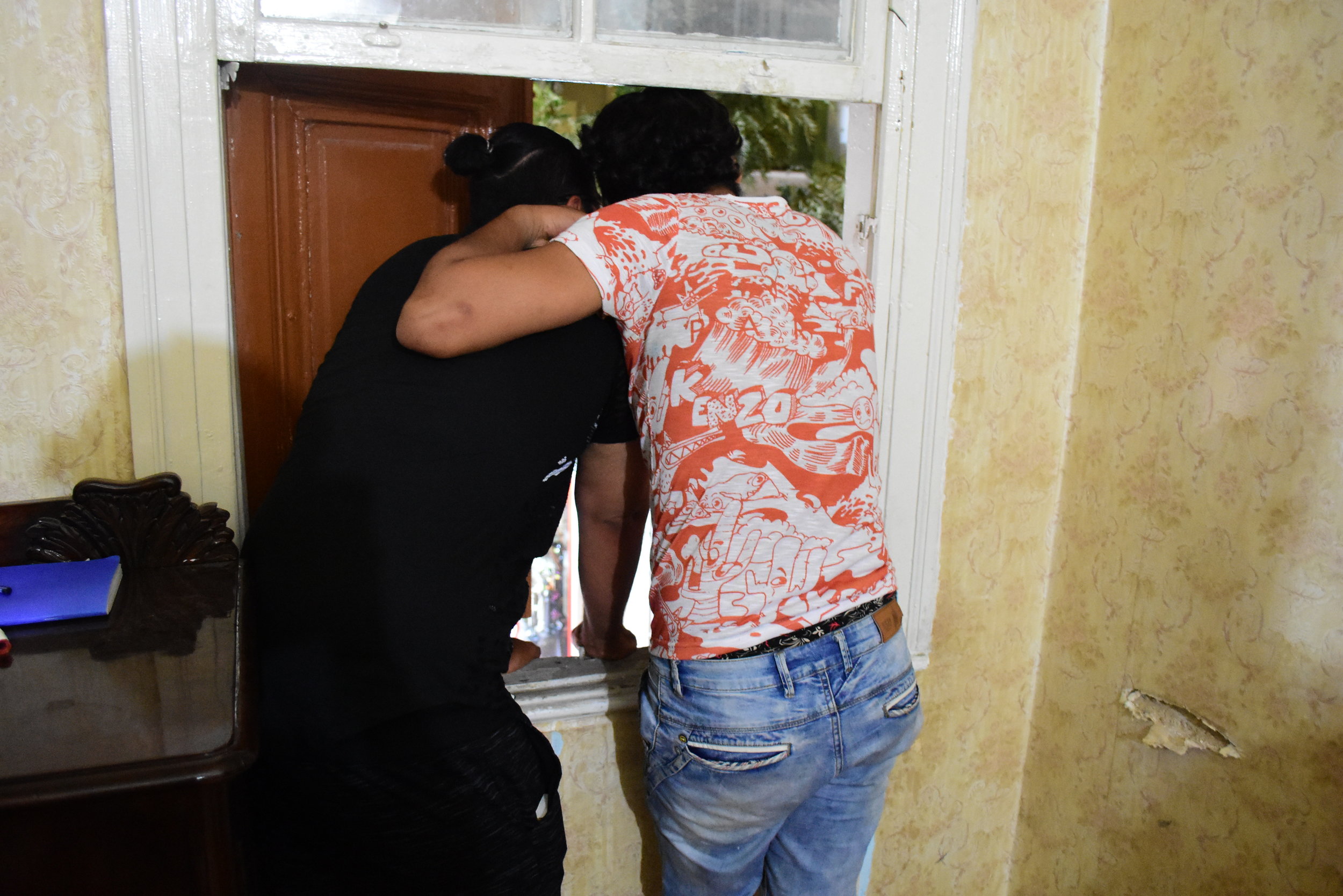
LGBTI refugees are technically not considered a vulnerable group to be transferred off the islands. This couple fled persecution because of their sexual orientation in Iraq and were moved to an apartment on one of the Greek islands. They described the hostility refugees face from the local population. Because of this, they spend nearly all of their time inside their apartment.
“Everybody who crosses the sea is [traumatized]. But not all of us register with health and psychological issues. We shouldn’t have to have a psychological or health issue in order to ask for asylum. Do the healthy not have a right to ask for asylum?”
Syrian Refugee in Chios

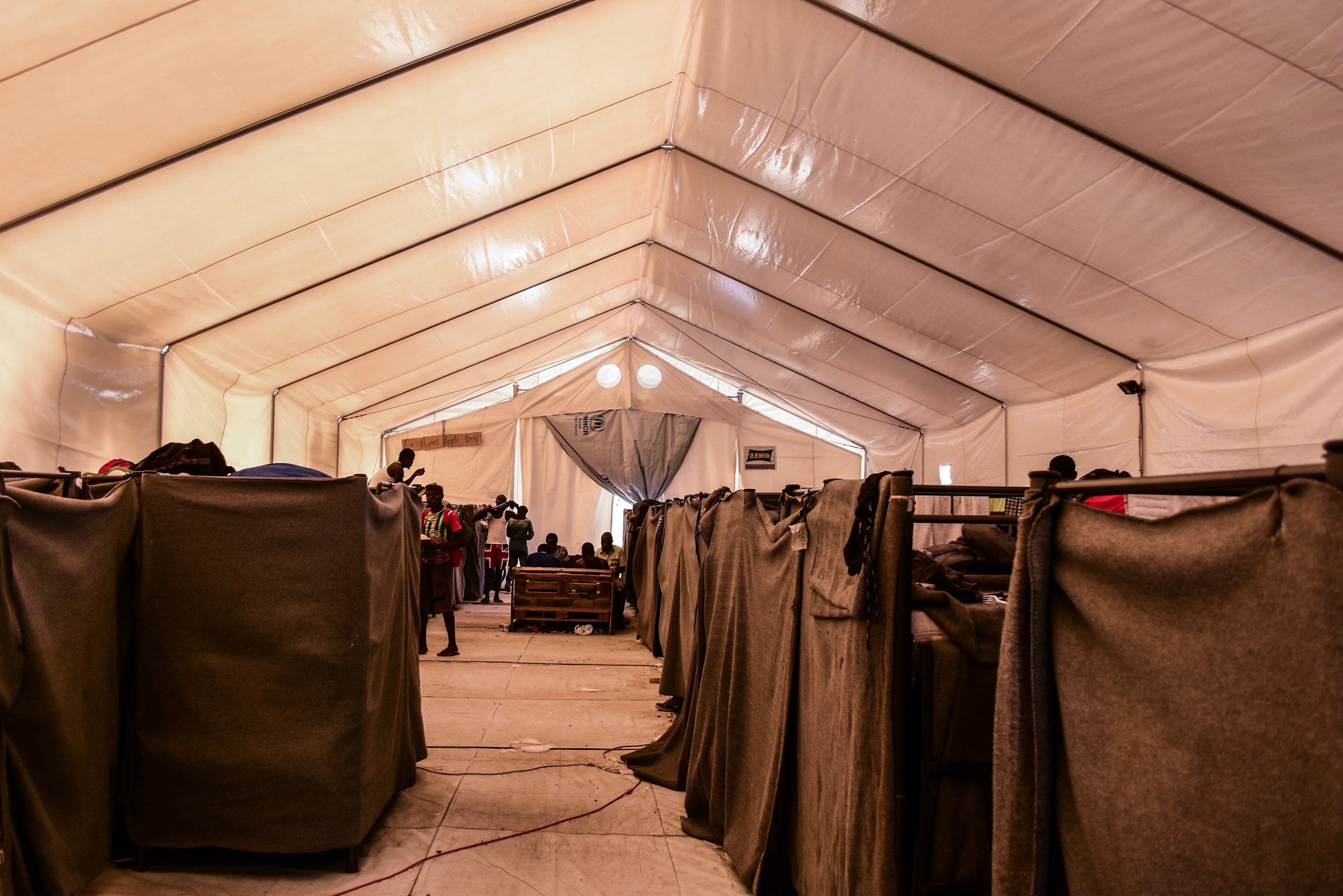
The islands are already over their hosting capacity, with no contingency plan should arrivals increase in the coming months. Here, 70 men sleep in an impromptu site next to the Moria hotspot in Lesvos.